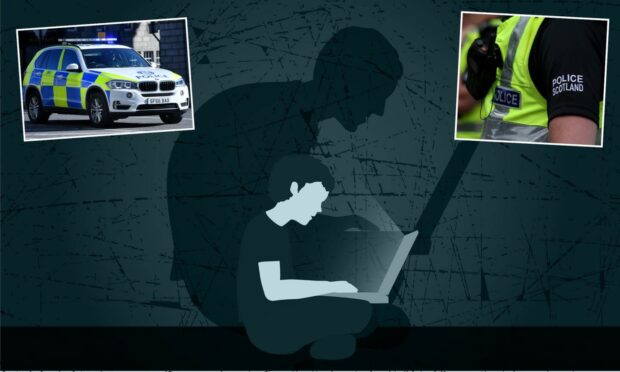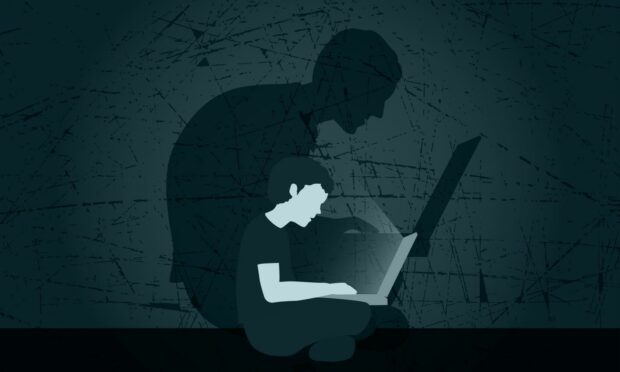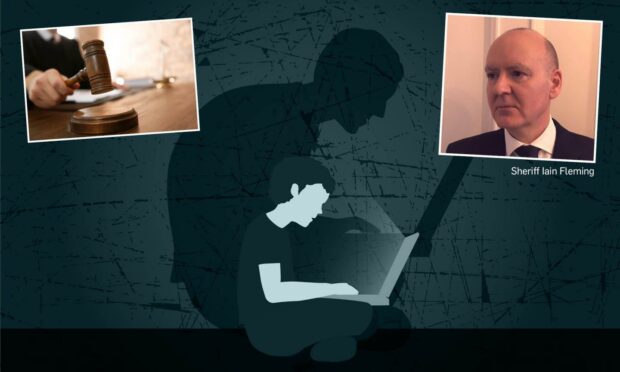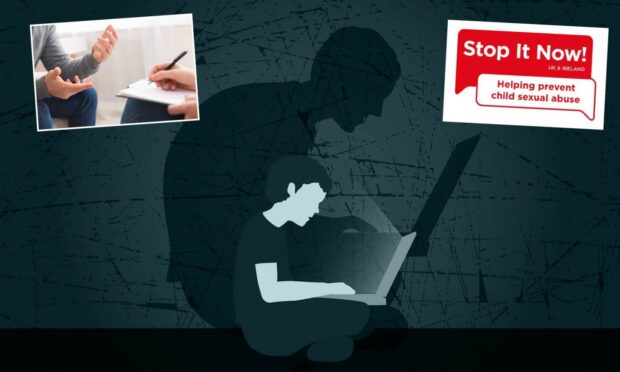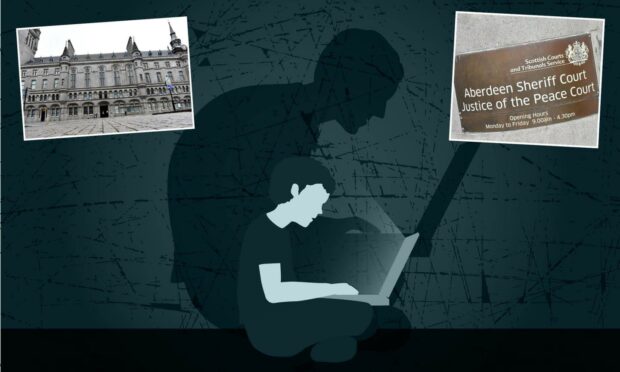Police Scotland’s head of child protection has urged online paedophile hunter groups “not to take the law into their own hands”.
Policing in Scotland is adapting to changing crime trends and the growth of online criminality, accelerated by the coronavirus lockdown.
A new team dedicated to tackling cybercrime was recently set up in Aberdeen, and across the country a new National Centre of Excellence is set to increase the number of specially trained cops fighting cybercrime.
And while police are vowing to continue to investigate child abuse as an “absolute priority”, online paedophile hunter groups have been warned not to take the law into their own hands.
Detective Superintendent Martin MacLean, Police Scotland’s head of child protection, said. “Protecting children remains an absolute priority for Police Scotland and we will thoroughly investigate child abuse in all its forms, including online offending.
“We are well aware that the nature of crime is changing and that cybercrimes are on the increase.
“Policing is changing too with the online space becoming a bigger part of the frontline every day.
“Our cyber strategy sets out our plan to tackle the threat, risk and harm from crime committed online, particularly child sexual abuse and the sharing of indecent images.
“As part of the strategy, Police Scotland will establish a National Centre of Excellence and boost the number of specially trained officers and staff to tackle the rise in cybercrime.
“Officers from our national specialist units also work in less visible, but no less vital, frontline roles which protect local communities, such as preventing and investigating serious and organised crime, cybercrime, and the abuse of children and vulnerable people.
“The recently established Cyber-enabled Crime team, based in Aberdeen, works closely with specialist officers from Police Scotland national resources.”
DS MacLean said while it is “understandable” paedophile hunter groups want to protect children, they could be putting the safety of families and the wider public at risk.
He said: “Police Scotland will always respond when information is received that a child or young person may be at risk of harm with a focus on identifying and mitigating any risk posed.
“While it is understandable that people want to protect children from harm, we ask them not to take the law into their own hands.
“We do not condone these activities and would caution against revealing the identity of suspected offenders as it can jeopardise the safety of individuals, their families and the wider public as well as disrupt our communities.
“We want to reassure communities that Police Scotland is fully committed to the investigation of child abuse, using our resources locally and nationally to protect Scotland’s children.
“If you suspect someone may be abusing children online or offline then please contact the police on 999 if you think there is an immediate risk of harm, or 101.”
